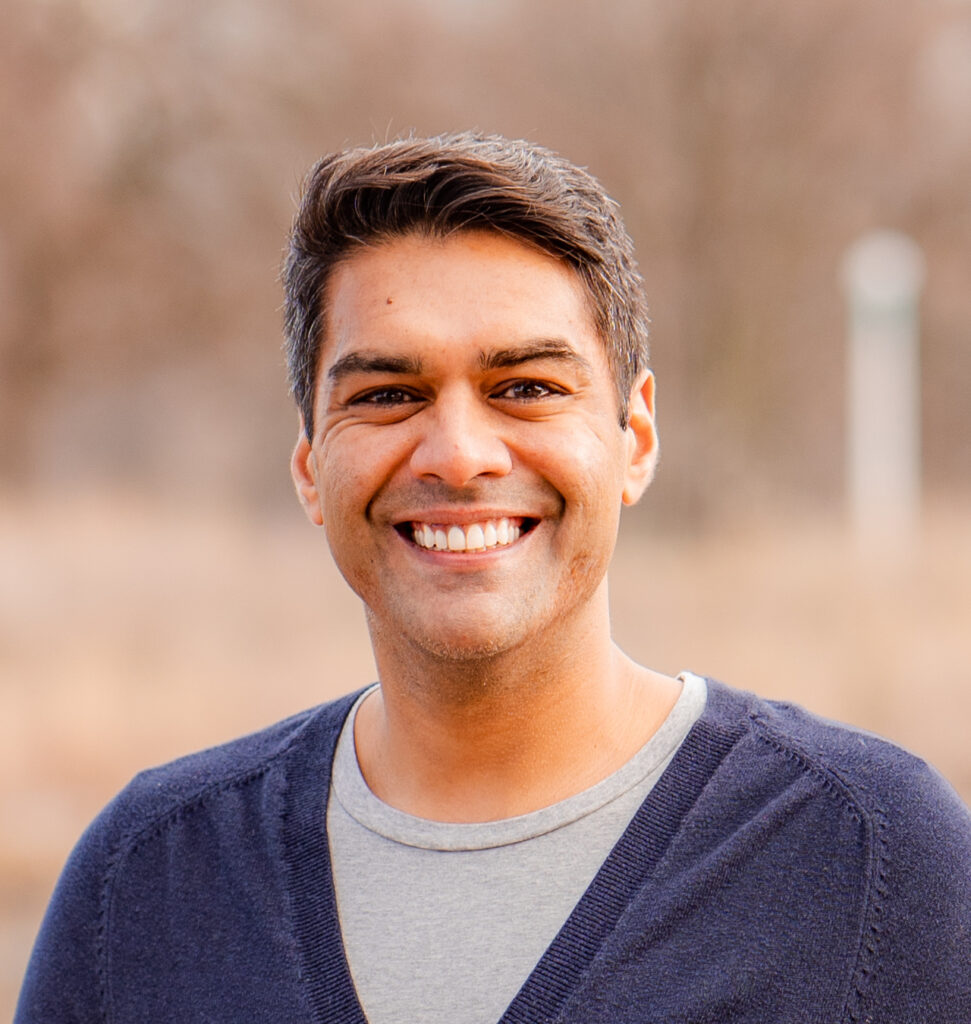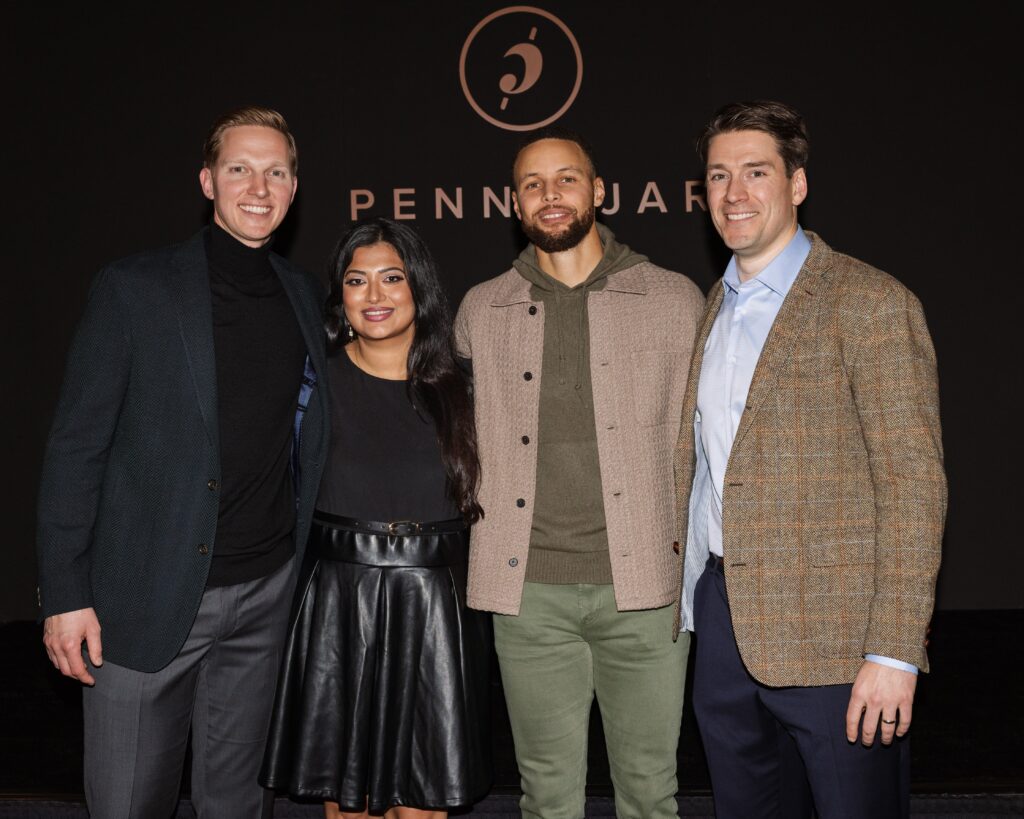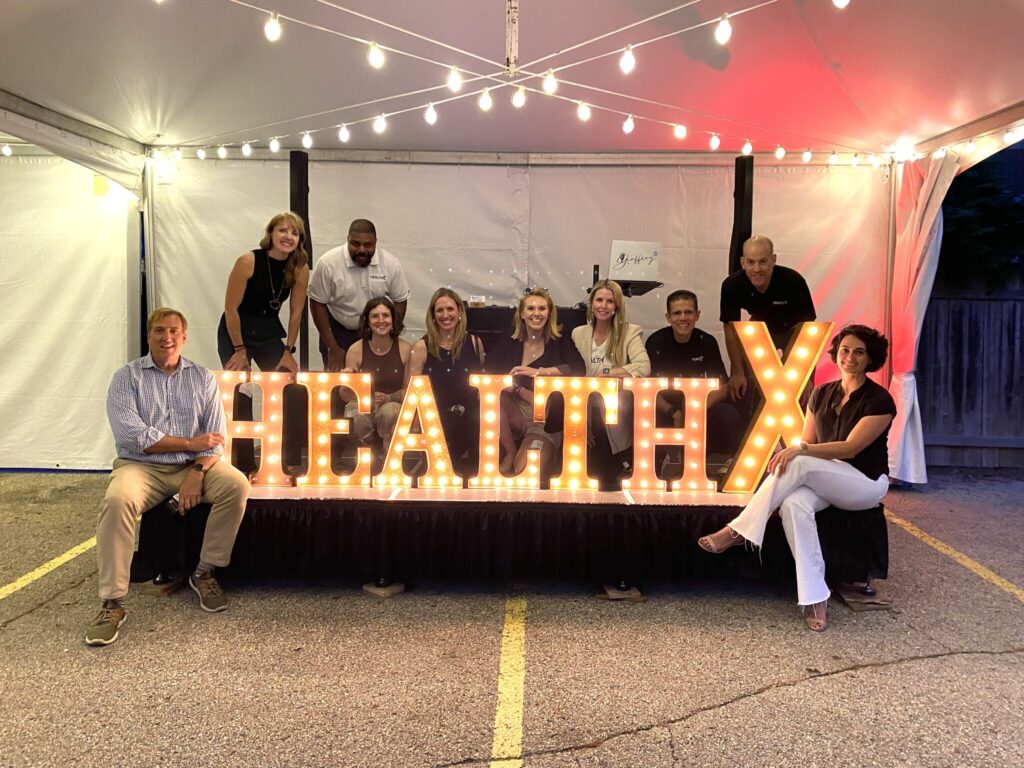
5 Questions With 81 Collection’s Vijen Patel
10.25.2023Some industries are just harder. That’s where 81 Collection plays. Most investors shy away from hardware and capital-intensive, logistically complex sectors, but not this team. They see opportunity and we like their vision.
We sat down with 81 Collection founding partner, Vijen Patel, for our “5 Questions With…” series.

Q: Tell us a bit about 81 Collection
VP: 81 Collection is a founders’ fund for un-sexy industries. But the inception of the firm starts with my personal story I’ve been an investor, an entrepreneur, and worked at McKinsey and Goldman Sachs. 81 Collection merges my entrepreneurial passion, investment experience and passion for job mobilization. But more than anything it is borne out of my experience re-creating the concept of a drycleaner – the unsexist of industries.
In 2013, I moved back home to Chicago to start a company. We were going to re-create a dry cleaner using hardware and software. We went to every VC, especially in the Midwest, and they all replied with some variation of “Hey Vijen, you’re great but you said the word ‘hard’ and that’s not something we’re open to.” So, we bootstrapped it and eventually became the largest dry cleaner in America with 1,200 locations in 10 cities and ultimately it was purchased by Procter and Gamble.
Then I became an LP in 30+ funds, and I noticed the same issue that I faced a decade ago had not changed. It actually might have gotten worse. Every investor is looking for the next asset-light, employee-light, cloud-based unicorn and that leaves behind a lot of industries. When we stacked up each sector of America’s economy against VC activity, we noticed 19% of the economy attracts 55% of the seed capital and so the other 81% is under invested. That’s where we got 81 Collection from.
There are a lot of us who built in these harder industries, and we were all under-subscribed early on and then over-subscribed later because early on everyone viewed our businesses too difficult to scale and too capital-intensive. What we realized is that the difficulty to scale turns into higher quality revenue in the end. These companies in hard, unsexy industries are winners given the right investment and time horizon.
These industries are also big job creators and that fills me up the most – more than economic or social success. I ended up creating about 300 jobs – people who started at $20 per hour and now make $75 to $100K a year. I’ve seen my employees buy homes and saw my employees’ families move from lower class to middle class. In underinvesting in these sectors, we’re hollowing out our middle class. At 81 Collection, a big part of our ethos is to help rebuild the middle class by bringing technology to a lot of these meaningful industries that are part of the fabric of America.
Q: What makes you and NVNG a good fit?
VP: There are two things that really tie us together.
First, when I think about some of the companies that are now part of the institutional infrastructure of the Midwest – companies like Harley-Davidson, John Deere, McDonald’s, Caterpillar – I wonder how many of these companies would be able to get a venture check today. They all sound like my story of Tide Cleaners in today’s world. They’re capital-intensive, many are focused on hardware and they’re difficult to scale. Our core identity is actually not to build software companies. It’s to build companies with a lot of logistical and manufacturing complexity. And I think that really aligns with the ethos of the investor base of NVNG.
The second thing is that the key work for us is actually not to do the sourcing. For us it’s all about value creation. And Carrie and Grady have been very open with making connections, helping us with that sourcing which is so important because if that allows us to get in front of a large corporate client or introduce us to a person that could be helpful that really helps move the needle. Having an LP that can create that value also means a lot to us.
Q: What’s your take on the Midwest venture ecosystem?
VP: I’m optimistic because I have this view that wave one of tech innovation has come from Silicon Valley and I think wave two will come from industry operators because now technology is kind of table stakes. It’s not hard to code – AI can accelerate a lot of that work. The harder part now in building a business is a deep understanding of the end industry whether it’s logistics or the end market. This plays to a real advantage in the Midwest because we have real industries here. There are a lot of potential builders in the Midwest who just need to take the leap of faith and I’m excited about it. It could be someone at one of these legacy companies – someone who has spent 25 years there and knows exactly how to build something. I’m more bullish on the next 20 years than the last 20 years.
The other thing I’m actually really excited about is the new age of venture capitalists. I believe there are a lot of folks in my cohort – I’m 37 – who are seeing things in a new light and bringing a new perspective. I’m excited about new folks coming in and raising really unique and very specialized funds.
The combination of industry operators and new blood in VC drives my optimism.
Q: What trends are you seeing in the venture space – deal flow, sources, starts?
VP: What I’m seeing now is the ecosystem being more moderate and conservative. Generating cash flow is critical and I think this age of venture capital plays well for the Midwest. Midwest entrepreneurs are actually poised to shine because they’re focused on the right things, like generating cash flow.
I’m also seeing location play less of a role for the coastal firms and investors. The friction of not being in Silicon Valley has come down because nobody has to physically travel or move. Now it’s, “Hey do you want to jump on a Zoom in 7 minutes?” That puts Midwest founders on a pedestal when they otherwise were constrained by their physical network.
Q: Thinking about the work you do at 81 Collection what are you most passionate about or proud of?
VP: We built this from our soul and yes, we’re going to measure ourselves financially and objectively, but it’s really important that the businesses we build are not just successful but they’re the right kind of businesses. What’s exciting is that, say, we in the Collection create 15,000 jobs. Then, those companies end up being successful and they end up giving liquidity to employees. Then these employees start building businesses and the flow creates a real impact where you can see a path for the next 20-30 years.
It’s a long game. I love the vision extending beyond just the financial returns. There’s a lot of people and business ideas that are worthy. They just need a chance, and the more people are given a chance, the more different kinds of businesses are going to be built.
This is not the easy path. It’s going to take a lot of work but, we’re in it for the long haul.


